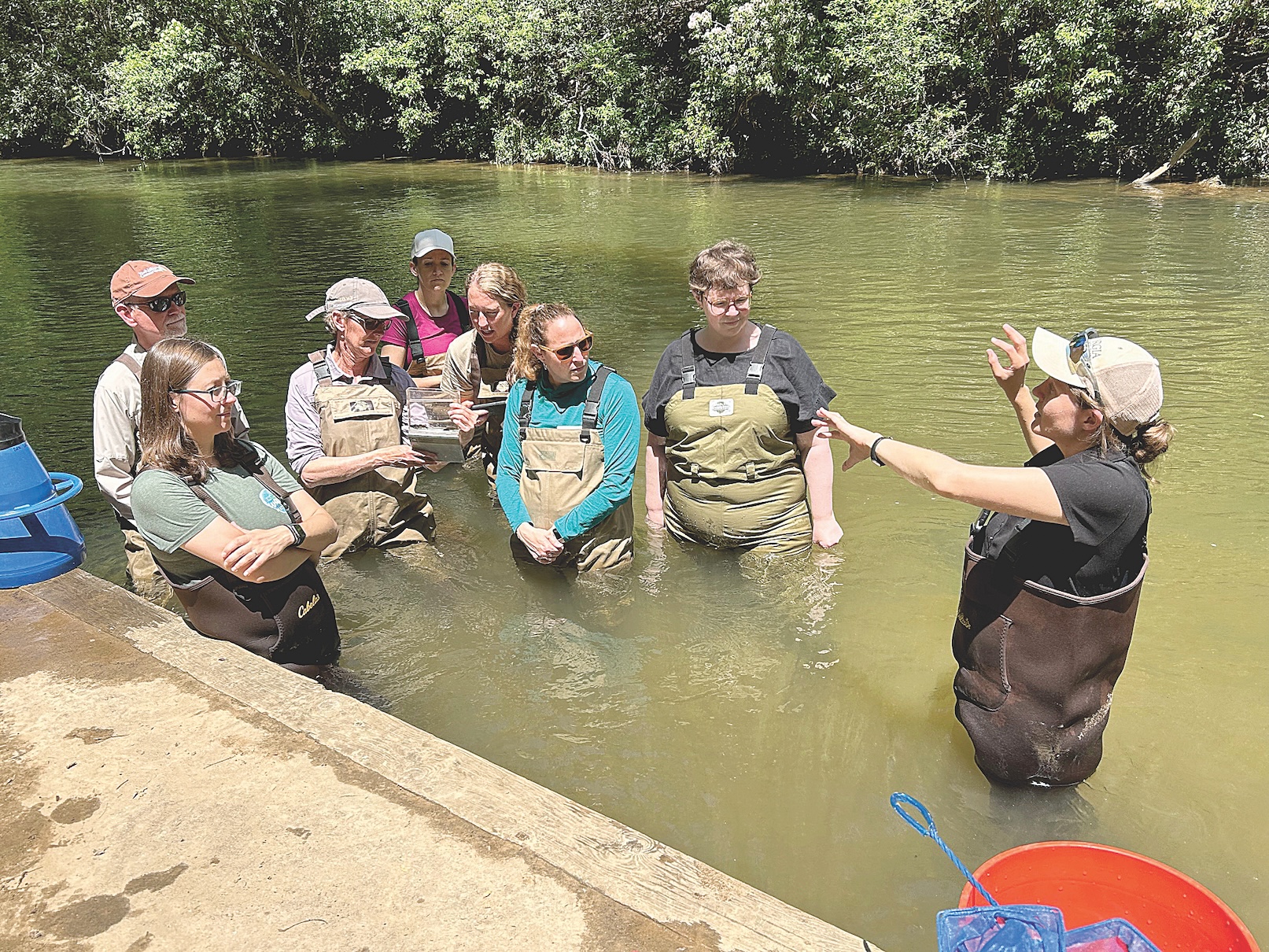Green Guardians: How Georgia is Nurturing the Environmental Champions of Tomorrow

The Institute for Georgia Environmental Leadership (IGEL) stands at the forefront of environmental advocacy and leadership development in Georgia. This innovative organization is dedicated to empowering individuals with the knowledge, skills, and passion to address critical environmental challenges facing the state.
IGEL's mission goes beyond traditional environmental education. By cultivating a network of informed and motivated leaders, the institute creates a powerful platform for sustainable change. Through comprehensive training programs, participants gain deep insights into complex environmental issues, learning to develop strategic solutions that balance ecological preservation with economic sustainability.
The organization's unique approach combines expert-led workshops, hands-on field experiences, and collaborative networking opportunities. Participants from diverse backgrounds—including government, business, academia, and community organizations—come together to explore innovative approaches to environmental stewardship.
Key program highlights include:
• In-depth environmental policy analysis
• Leadership skill development
• Sustainable resource management strategies
• Collaborative problem-solving techniques
• Networking with environmental professionals
By investing in human capital and fostering a community of environmental champions, IGEL is transforming how Georgia approaches environmental challenges. The institute not only educates but also inspires individuals to become proactive leaders who can drive meaningful ecological and social change.
As environmental issues become increasingly complex, IGEL remains committed to developing a new generation of informed, strategic, and passionate environmental leaders who can create sustainable solutions for Georgia's future.
